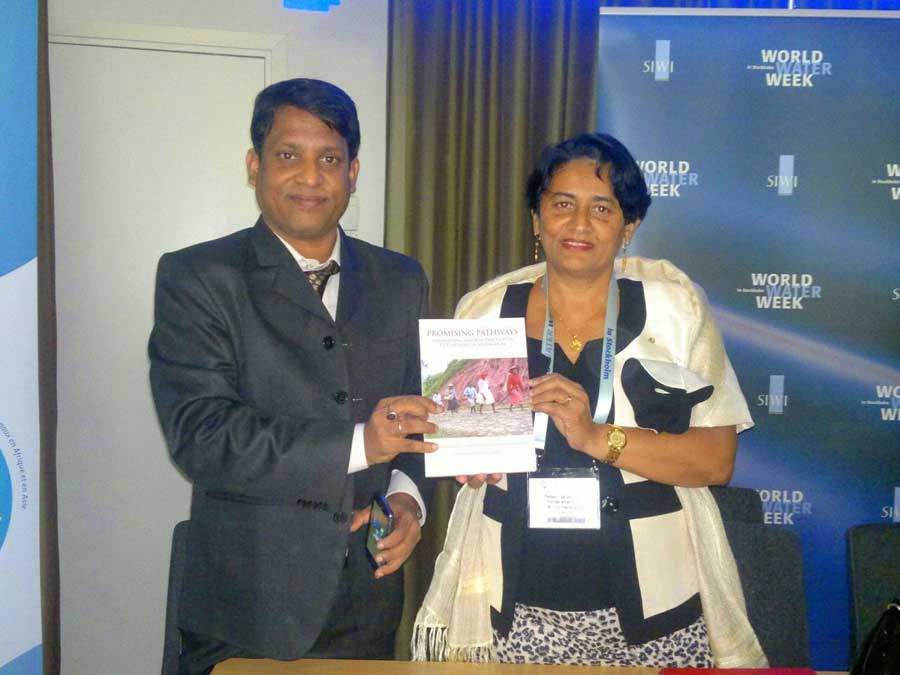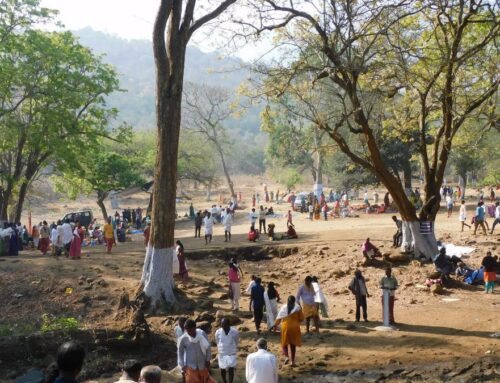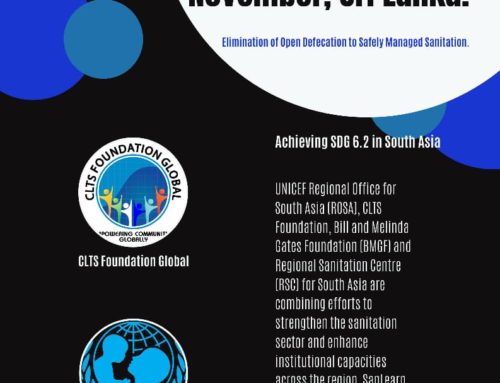CLTS Foundation released the book “Promising Pathways” in collaboration with WSSCC and FAA Madagascar.Mrs.(Dr) Johanita NDAHIMANANJARA, Hon’ble Minister of Water of Madagascar unveiled the book. Mr. Christopher Williams, executive director, WSSCC, Ms. Michelle RASAMISON, Chairperson, Programme Coordinating Mechanism of FAA Madagascar and Dr. Kamal Kar made remarks on the book during the book-launching event. The event was well attended with participants from various sectors and different countries. Followed by the book launch a meet and greet session was also organized during the evening hours and the Madagascar experience was presented in greater detail amidst Malagasy music, souvenir and book distribution. The evening event was also witnessed a strong response from various institutions and participants present in the event.
Glimpses of the event:

Dr. Mrs. Johanita NDAHIMANANJARA, Honourable Minister
of Water of Madagascar launches the book

Panel discussion on the launching of ‘Promising Pathways’ –
From right :Dr.Chris Williams, Mrs.Michelle
Rasamison,Hon’ble Dr.Mrs. Johanita
NDAHIMANANJARA,Mr. Jean Clement
Andriamanampisoa and Dr.Kamal Kar

Celebrations at the book launch ceremony in the pavilion of WSSCC
Synopsis of the book:
CLTS is a rapidly growing approach to solving the widespread sanitation challenges of the developing world. It is an approach that is proving to be effective in country after country, but most experience with the approach to date has been in a relatively bounded, project-based framework.
This publication looks at a particular experience in Madagascar of taking CLTS to a much larger scale. The Global Sanitation Fund’s programme in Madagascar, the Fonds d’Appui pour l’Assainissement (FAA), is in the midst of a remarkable process currently producing thousands of ODF villages, which combine to make ODF communes and ODF districts. Community members are aware of the multiple knock-on positive effects of the changes in their sanitation behaviour.
This document describes some of the mechanisms that have evolved to put this process into action –focusing on innovative strategies and models for scaling up. It identifies and highlights features of the actors and the institutional environment that are key to emerging successes. And it pulls out the lessons emerging which can be applied in other settings where MDG targets for sanitation have not yet been achieved. These lessons are clearly situated these in the framework of the bottom-up and community-led principles underpinning the CLTS process.
Based on fieldwork conducted at community and national levels in Madagascar during 2013, the research for this publication was guided by Kamal Kar, founder and pioneer of CLTS, and conducted by a CLTS Foundation team.
The launch ceremony was also covered by “The Guardian” in their blog.Follow the blog at this link- http://www.theguardian.com/global-development-professionals-network/2014/sep/02/sanitation-contamination-world-water-week?CMP=twt_gu
For more pictures from the event please visit our Gallery
** news updated on 4th September 2014 **



